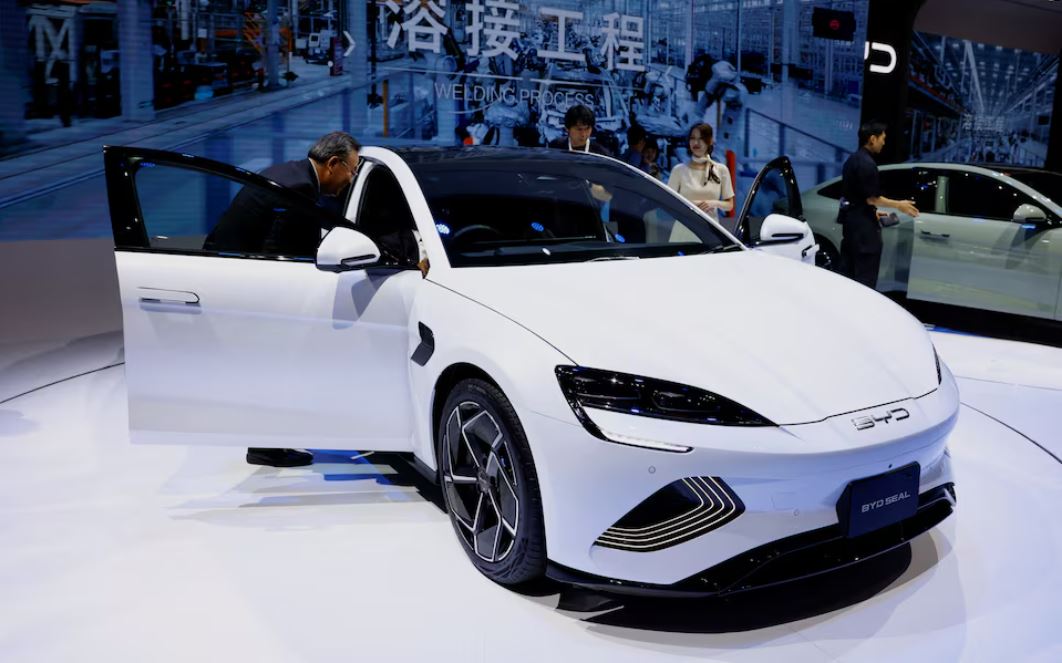BYD, the Chinese electric vehicle (EV) giant backed by Warren Buffett, is intensifying its efforts to penetrate the Japanese market, a key target in its global expansion strategy. The automaker is investing in EV charging infrastructure and launching aggressive marketing campaigns to boost sales in a market known for its reluctance towards foreign brands.
Despite its success in China, where BYD has become the largest EV maker, Japan presents a tough challenge. The country’s demand for EVs has historically been slow, and recent changes to government subsidies have further complicated the landscape. This year, Japan revamped its EV subsidy scheme, shifting the focus from vehicle performance to criteria such as the availability of fast chargers and after-sales service. As a result, subsidies for BYD’s Atto 3 SUV were nearly halved from 650,000 yen to 350,000 yen, impacting the company’s sales.
In response, BYD has rolled out a range of customer incentives, including discounts on the first 1,000 units of its new models, 0% financing options, and cashback offers for home chargers. The company is also increasing its visibility through TV commercials featuring Japanese actress Masami Nagasawa, although these marketing efforts have resulted in higher-than-expected costs.
Japan’s complex market dynamics, including historical tensions and concerns over product quality, have led to skepticism among some consumers. Yukihiro Obata, a prospective buyer visiting a BYD showroom, expressed doubts about the brand’s success in Japan despite acknowledging the quality of the cars.
While Toyota and Tesla lead the market with strong sales, BYD has faced a slower uptake. The company’s lineup in Japan includes the Seal sedan and the Dolphin, both of which qualify for subsidies, though not at the highest levels available.
Industry experts suggest that the subsidy changes may reflect efforts to protect Japan’s domestic auto industry. An industry ministry official stated that the revised subsidies aim to promote EVs in a “Japanese way,” balancing domestic and foreign interests.
Despite these hurdles, some Japanese consumers, like Kyosuke Yamazaki, are still drawn to BYD’s offerings for their superior range and affordability. Yamazaki, who has prior experience in Shanghai, found the Atto 3 appealing despite the reduced subsidy. As BYD navigates these challenges, its success in Japan will be closely watched, given its significant presence and valuation in the global auto industry.



